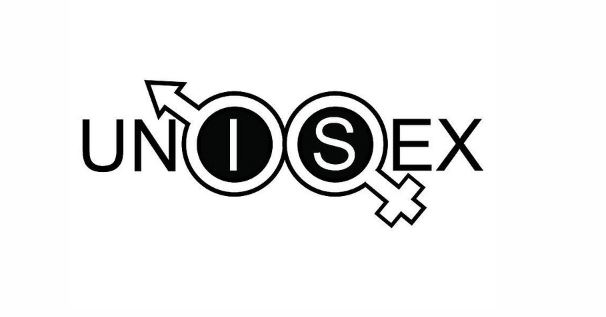
Every year for the last several years, the Queer Straight Alliance at the College of New Jersey has transformed several bathrooms on campus, covering the typical male/female door signs with homemade transgender versions for one week to indicate guys can use the women’s bathrooms and vice versa during that time.
The annual advocacy campaign, most recently accomplished March 31 through April 6, aims to promote diversity and tolerance for transgender people, and it’s completed with the blessing of campus administrators, as the Department of Student Affairs signs off on the campaign, according to organizers.
During the weeklong observance, members of the public college’s Queer Straight Alliance, also called PRISM, use some of the more popular bathrooms on campus for their project – one in the campus student center and the other in the library café.
In effect, the gender-neutral bathrooms require all students to partake in the observance, regardless of whether they feel uneasy about relieving themselves with a member of the opposite sex in the next stall.
Several of the university’s 6,000 students said they don’t support the endeavor.
“Creating neutral bathrooms is fine, but pushing people to change what is already in existence and what they’re comfortable with is a bit much,” freshman Lauren Santos told The College Fix. “Going to the bathroom is a private thing.”
Santos said some students are already made uncomfortable by communal bathrooms shared among the same gender. When public bathrooms are mixed with both sexes, privacy is lost and replaced with a political agenda, she said.
Other students echoed those sentiments. Sophomore Victoria Trasente said she thought the event was uncalled for; sophomore Andrew Garcia described it as intrusive.
“It’s all about privacy: girls use stalls, guys use urinals,” Garcia said. “There are other ways to promote awareness of transgender people. This is just pushing an agenda on others.”
However, the campaign’s effectiveness may be minimal. As a whole across campus, student concern over the effort is diminished by the fact that – regardless of the temporary signs – students know which bathrooms are intended for males and females and largely act accordingly.
Yet students in opposition of the gender-neutral bathrooms said the effort focuses awareness of such a small fraction of society – and it forces any student in need of a bathroom in the student center or library café to either use the bathroom and hope the opposite sex isn’t going to walk in – or leave to find another lavatory on campus.
Indeed, making people uncomfortable is, in fact, one goal of the awareness campaign, organizers said. It’s intended to illustrate what transgendered people encounter on a daily basis, they said.
“There is a lot of headway being made for gay people and gay rights,” PRISM’s Community Advocacy Chairman Andrew Edelblum said. “But identifying as trans is still on that back-burner, that’s why Trans-awareness Week is so important. That’s why these gender-neutral bathrooms are so important.”
PRISM had no difficulty getting permission from the Department of Student Affairs to make the bathrooms gender-neutral, according to Edelblum, citing the annual traditional nature of the effort.
PRISM aims to create “a safe, comfortable, and nurturing environment for Lesbian, Gay, Bisexual, Transgender, Queer, Questioning, Intersex, Asexual, and Ally (LGBTQQIAA) people,” according to the group’s website.
Edelblum said he understands the confusion cisgendered individuals (people who are comfortable with the gender they were assigned at birth) may have experienced when they saw the signs that portrayed an illustration of a half blue, half pink person. But he defended the event, noting: “It’s only up for a week… it just doesn’t seem to be such a big deal, there’s not that much time.”
According to the National Center for Transgender Equality, between one-quarter and one percent of Americans are estimated to be transsexual.
“Though it may only be a select few of people who identify that way … it’s important for those people to feel comfortable when doing something as seemingly minor as going to the bathroom,” Edelblum said.
Fix contributor Emma Colton is a student at The College of New Jersey.
CLICK HERE to Like The College Fix on Facebook.




Please join the conversation about our stories on Facebook, Twitter, Instagram, Reddit, MeWe, Rumble, Gab, Minds and Gettr.